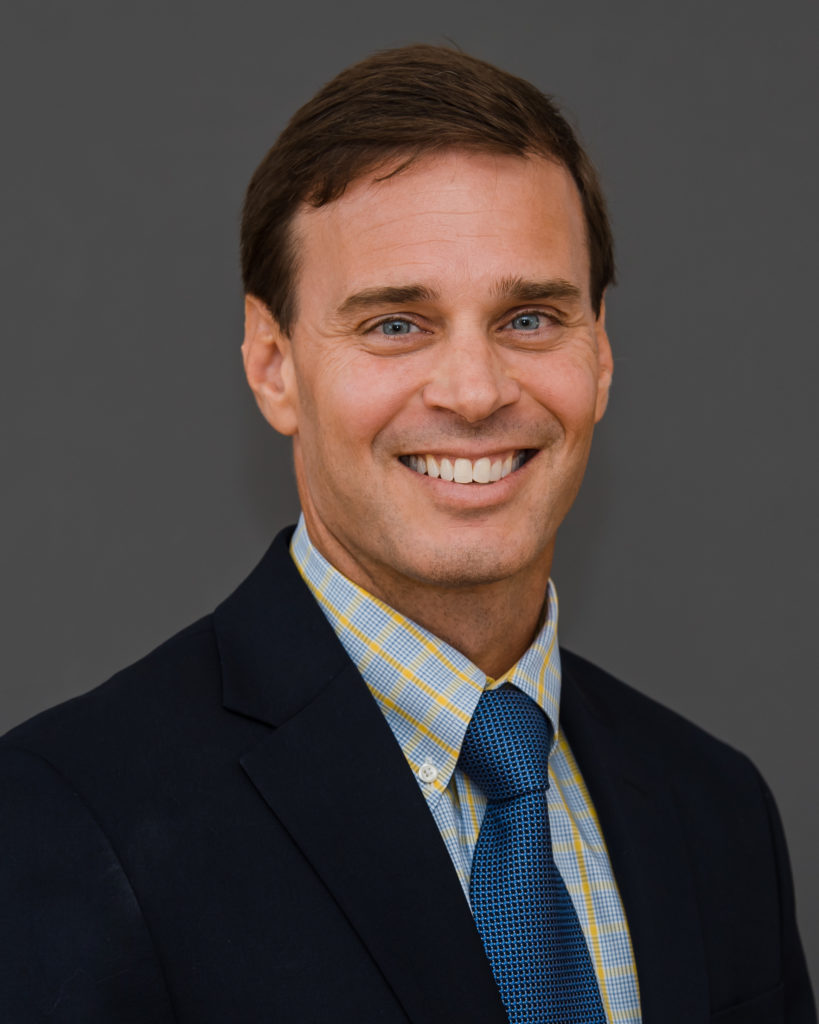Takeaway
Healthcare professionals are at least just as vulnerable to substance use disorders as the general public. It never occurred to me that I may be among those numbers, but I am.

Lifelong learning in clinical excellence | February 12, 2024 | 2 min read
By Gregory Hobelmann, MD, MPH, President of Ashley Addiction Treatment
As an addiction psychiatrist and man with long-term sobriety, I recently sat with a physician in treatment for alcohol use disorder. Over the past few months, he’d been hospitalized for withdrawal management (detox) twice and was really struggling. In addition, his wife, a healthcare professional, was admitted to another treatment program as we sat and talked. The situation was dire. Only one week before we met, they were both working, raising four children, paying their bills, and seemed to the outside world to be functioning well.
This story isn’t unique. Addiction is cunning, baffling, and powerful. The rate of substance use disorders among healthcare workers is at least as high as the general public, roughly 8-12%. It never occurred to me that I may be among those numbers, but I am. As healthcare professionals, we often think that we are somehow immune, but we are not. And when we’re in the mist of active addiction, we struggle to recognize the problem and ask for help.
As colleagues, we usually don’t want to get anyone in trouble, so we often ignore problems or look the other way. It’s easy to rationalize signs of substance abuse as something else, like lack of sleep, stress, or long work hours. However, ignoring an ongoing problem is ultimately worse for the person with the problem, their patients, and society. There are many signs that someone with a substance use disorder might exhibit, such as:
1. General change in behavior or personality
2. Emotional lability: irritability, anger, sadness, euphoria
3. Reduced performance: decreased productivity, call-outs, tardiness
4. Less interest in work or outside of work activities
5. Isolation
If you see something, say something. Don’t try to handle the situation by yourself. Help is never far away. You can always discuss with your supervisor or HR department before taking any action. This is nothing new to healthcare organizations, so policies and procedures should be in place. Identifying a problem and getting help are the goals and it’s much better to do this before something bad happens. This also applies if you are personally struggling. Ask for help!
When a substance use disorder is identified, plenty of help is available. Organizations have employee assistance programs (EAPs) and many healthcare professionals have programs that provide specific support, such as professional health programs. These programs have helped countless individuals recover and get back to work. Although you can’t recognize them unless they reveal their stories, they are walking among you and thriving!
This piece expresses the views solely of the author. It does not represent the views of any organization, including Johns Hopkins Medicine.

